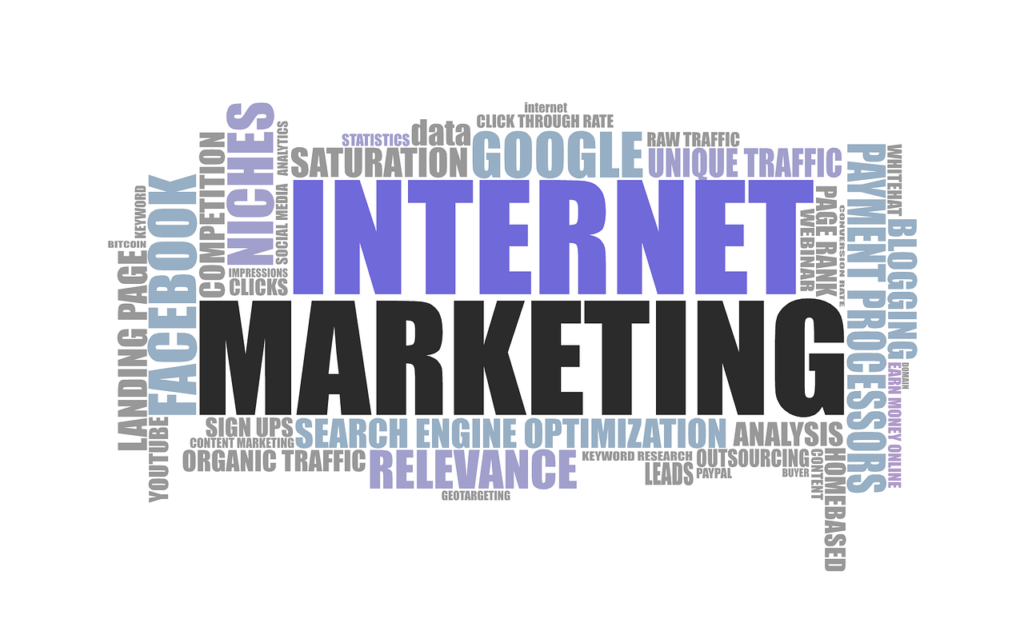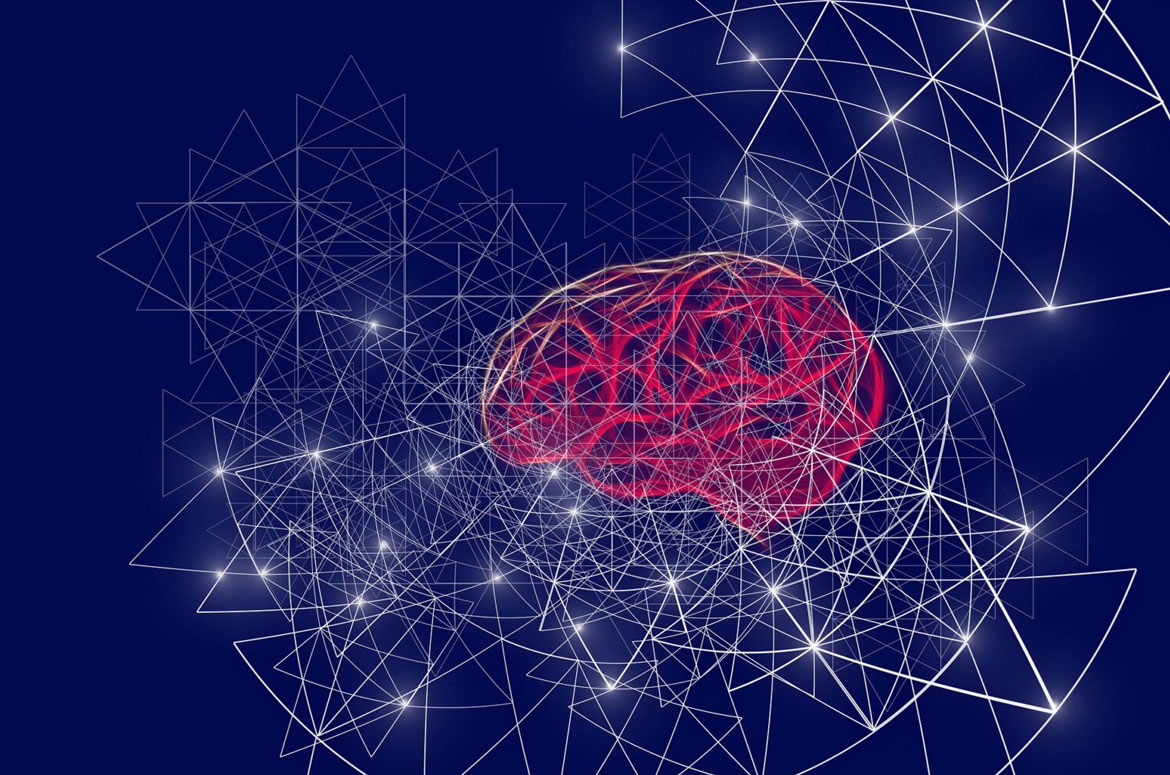Introduction
Machine learning is a powerful tool that’s transforming the digital marketing world. From personalization to automation, machine learning can make marketers more efficient and allow them to spend their time on higher-value tasks.
This article will explore how machine learning has changed marketing and what we can expect in the future as this technology becomes more widely used.
Personalization
Personalization is tailoring content, ads, and emails to each user’s preferences. Currently, it’s a significant focus for marketers, but can take time to achieve on a large scale because it requires analyzing data from thousands or millions of users.
Machine learning makes this process easier by automatically extracting insights from your data and suggesting ways to tailor your content.
Machine learning can also help personalize ads based on what they’ve been looking at online or what they’ve purchased in the past—but that’s not all! It can also predict when someone will buy something new (e.g., birthday gifts), which means you could reach out with a personalized message before the recipient even knows about their upcoming event.
The final truth is that artificial intelligence is the future of digital advertising because it allows brands to reach their audiences more meaningfully.
It enables a brand’s message to be tailored to each user, which makes them more likely to engage with the content—and hopefully make a purchase.
Real-time targeting
The capability of machine learning to predict consumer behavior is one of its most important benefits. This means that marketers can use it to target customers more accurately and effectively, including with real-time advertising.
For example, if a person has visited your website in the past but hasn’t converted into a customer yet, they might be more likely to make an online purchase now than in the future—you need to know.
Machine learning makes it possible for marketers like you to know exactly when someone will most likely buy something so that you can reach out at the right time with targeted ads.
Machine learning is also a powerful tool for optimizing your website. This means you can use it to test different ads and landing pages, find out which ones are working best, and then focus on them.
You can also use machine learning to analyze customer behaviors, including where they click on, what users do when they access particular pages on your website.
More accurate predictive analysis
What if you could predict an individual’s likelihood to purchase a product or service at a specific time?
With machine learning, you can. Using AI to analyze data can help companies determine the types of offers they should make to customers based on their predicted behavior.
Machine learning uses algorithms that automatically learn from experience and make predictions based on new data.
In this way, it can identify patterns in customer behavior and act accordingly without needing human intervention, for example, by sending emails offering discounts or personalized recommendations based on what a user has previously bought or browsed through on their website.
Increased ad spend efficiency
The machine learning approach to add spend efficiency is more than simply automating your bid adjustments. It’s about using data to inform the right decisions so that you may maximize the value of every dollar spent.
The first step in improving ad spend efficiency through machine learning is identifying where there are opportunities for improvement.
This can be done by comparing your historical performance against benchmarks from successful marketers with similar audience profiles.
You can then identify areas where you’re underperforming and develop strategies for improvement by building models based on this data (e.g., what content performs well with this audience?).
Once you’ve identified an area for improvement, a model will help guide how much money should be allocated toward each channel or campaign and when it should be allocated there versus elsewhere based on historical results and current conditions (e.g., seasonality).

Machine Learning is Transforming Marketing
Optimization of content marketing efforts Machine learning can help you optimize your content marketing efforts. It will allow you to identify better topics most relevant to your audience, at what time of day they’re most likely to engage with your company, and what format works best for each type of content.
Machine learning will change all aspects of marketing.
Machine learning is artificial intelligence used to automate tasks and make predictions. Machine learning algorithms, or models, are trained on large data sets.
When the model is exposed to new data, it uses what it has learned from past experiences to make decisions.
For example, a machine learning algorithm could be trained on thousands of emails to predict whether an individual will click through an email based on their past behavior.
Marketers can also use machine learning algorithms to improve marketing efforts like segmentation and audience targeting.
Marketers use these tools because they allow them to perform more complex tasks than they could do manually, while also saving time by reducing the amount of work needed for human labor (e.g., curating lists).
They also allow marketers who don’t have technical backgrounds to learn how their customers behave to better target them with relevant content/offers/etc.
Conclusion
There is no doubt that machine learning will transform many aspects of marketing shortly. It’s up to marketers to understand how this technology can help them and incorporate it into their strategies.
Frequently Asked Questions (FAQ)
What is machine learning, and how does it relate to marketing?
Machine learning is a subset of artificial intelligence that involves using algorithms to analyze data, identify patterns, and make predictions. In marketing, it’s used to automate tasks, personalize content, and optimize advertising campaigns.
What role does personalization play in marketing, and how does machine learning help with it?
Personalization in marketing means tailoring content and ads to individual user preferences. Machine learning simplifies this process by analyzing vast amounts of data to suggest how to customize content for different users.
How can machine learning predict when a user is likely to make a purchase?
Machine learning algorithms can predict user behavior based on past data. For example, if a user’s browsing history indicates an upcoming birthday, machine learning can predict this and enable marketers to send personalized messages or offers in advance.
How does real-time targeting work with machine learning in marketing?
Real-time targeting involves delivering content or ads to users at the moment they are most likely to engage or convert. Machine learning can analyze user behavior and make predictions to determine the optimal time to reach out with targeted advertisements.
What is the future of marketing with the integration of machine learning?
The future of marketing will likely involve more automation, hyper-personalization, and data-driven decision-making as machine learning continues to evolve and become an integral part of marketing strategies.




4 thoughts on “How Machine Learning is Transforming Marketing”